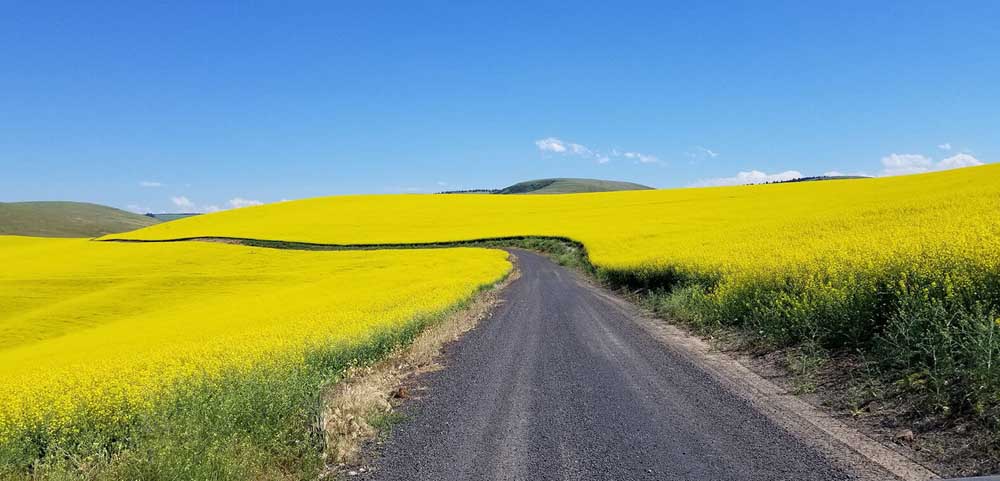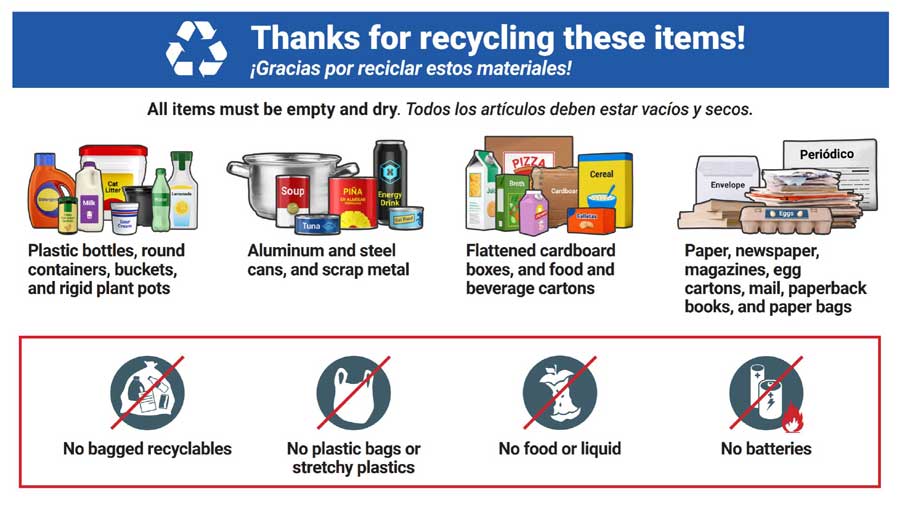Bipartisan $2 million request targets Oregon water rights protest backlog
Published 6:00 am Wednesday, February 21, 2024

- Spring canola grows near Milton-Freewater, Ore., in 2022.
SALEM — The effort to reduce Oregon’s backlog of water rights protests may lose momentum without more funding, harming irrigators and others, according a bipartisan coalition of lawmakers.
A group of 26 state senators and representatives from rural and urban districts is urging a powerful legislative budget-setting committee to direct more than $2 million to resolve such disputes.
Delays impact all sides
For farmers and conservationists alike, the backlog of such cases is more than an administrative inconvenience, as it can add many years to process water rights applications.
“That’s not good for business decisions or conservation decisions,” said Rep. Mark Owens, R-Crane, who is among the lawmakers pushing for the funding.
When the state’s Water Resources Department approves water rights for irrigation or in-stream uses, those decisions can be protested by third parties who claim the decisions are detrimental.
At the beginning of the 2021-2023 biennium, the OWRD faced a backlog of 125 cases, but has since been able to reduce it by 61 cases thanks to roughly $3 million approved by lawmakers.
However, a large spate of protests that argues in-stream water rights will harm agriculture in Douglas County has since increased the backlog to 224 cases.
Without additional funding to handle these disputes, OWRD is ordinarily only able to process about three cases per biennium.
The timeline for resolution remains prolonged, as several farmers learned last year when their irrigation water rights were protested, Owens said.
“They’ve been told it could be 10-20 years before they get a decision,” he said, noting that a similar predicament can face in-stream water rights intended to help fish. “That’s not right, either.”
When a great deal of time elapses before a contested case is heard, even the parties involved can encounter difficulties getting back up to speed, Owens said.
“You lose that knowledge for why it was protested in the first place,” he said.
30-year waits
According to the coalition of lawmakers, which has written a letter asking the Joint Ways and Means Committee for $2 million, some water rights cases are still waiting for a final decision after 30 years.
“Backlogs cause delays, increase costs, and create uncertainty for Oregonians utilizing the water right transaction process,” the letter said. “When timelines for protest resolution are unpredictable, protestants are hamstrung in their ability to make economic and ecological decisions related to water resources.”
Under their request, the OWRD would receive about $1.85 million, with more than $500,000 paying for agency staff and roughly $1.3 million dedicated to legal fees for the Department of Justice and Office of Administrative Hearings.
The Oregon Department of Fish and Wildlife would also get $150,000 to help specifically process in-stream water rights protests.
Unless elevated funding is sustained, expanding the capacity of state agencies to work on the backlog again could take “years to reinitiate” despite the earlier investment, the lawmakers said.
“Recruiting, onboarding, and training was a large workload and time investment this biennium for the limited duration protest staff,” the letter said. “Without additional funding the Department, OAH, and DOJ may not be able to retain staff focused on this project.”
The bipartisan and bilateral nature of the funding request should be helpful, though the odds it will sway the Joint Ways and Means Committee still amount to a “coin flip,” Owen said.
Beyond the additional funding, lawmakers must also consider how to forestall such problems with water rights protests in the long term, he said.
“We need to figure out how to prevent the contest case backlog from ballooning,” Owens said.










